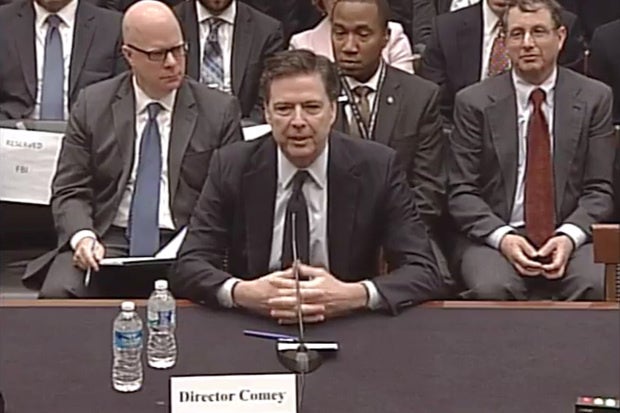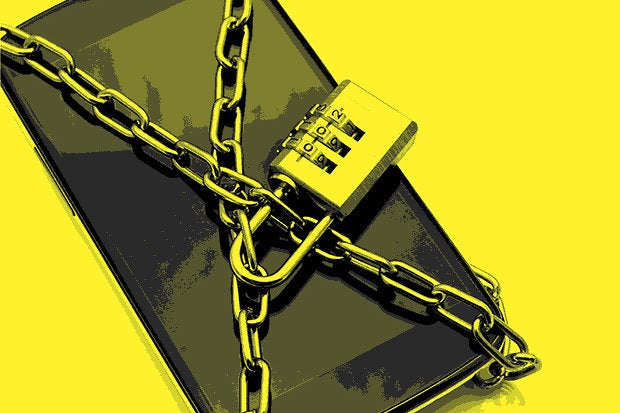U.S. lawmakers question police use of facial recognition tech

Credit to Author: Grant Gross| Date: Wed, 22 Mar 2017 08:33:00 -0700
Reacting to concerns about the mass collection of photographs in police databases, U.S. lawmakers plan to introduce legislation to limit the use of facial recognition technology by the FBI and other law enforcement organizations.
The FBI and police departments across the country can search a group of databases containing more than 400 million photographs, many of them from the drivers’ licenses of people who have never committed a crime. The photos of more than half of U.S adults are contained in a series of FBI and state databases, according to one study released in October.
To read this article in full or to leave a comment, please click here





